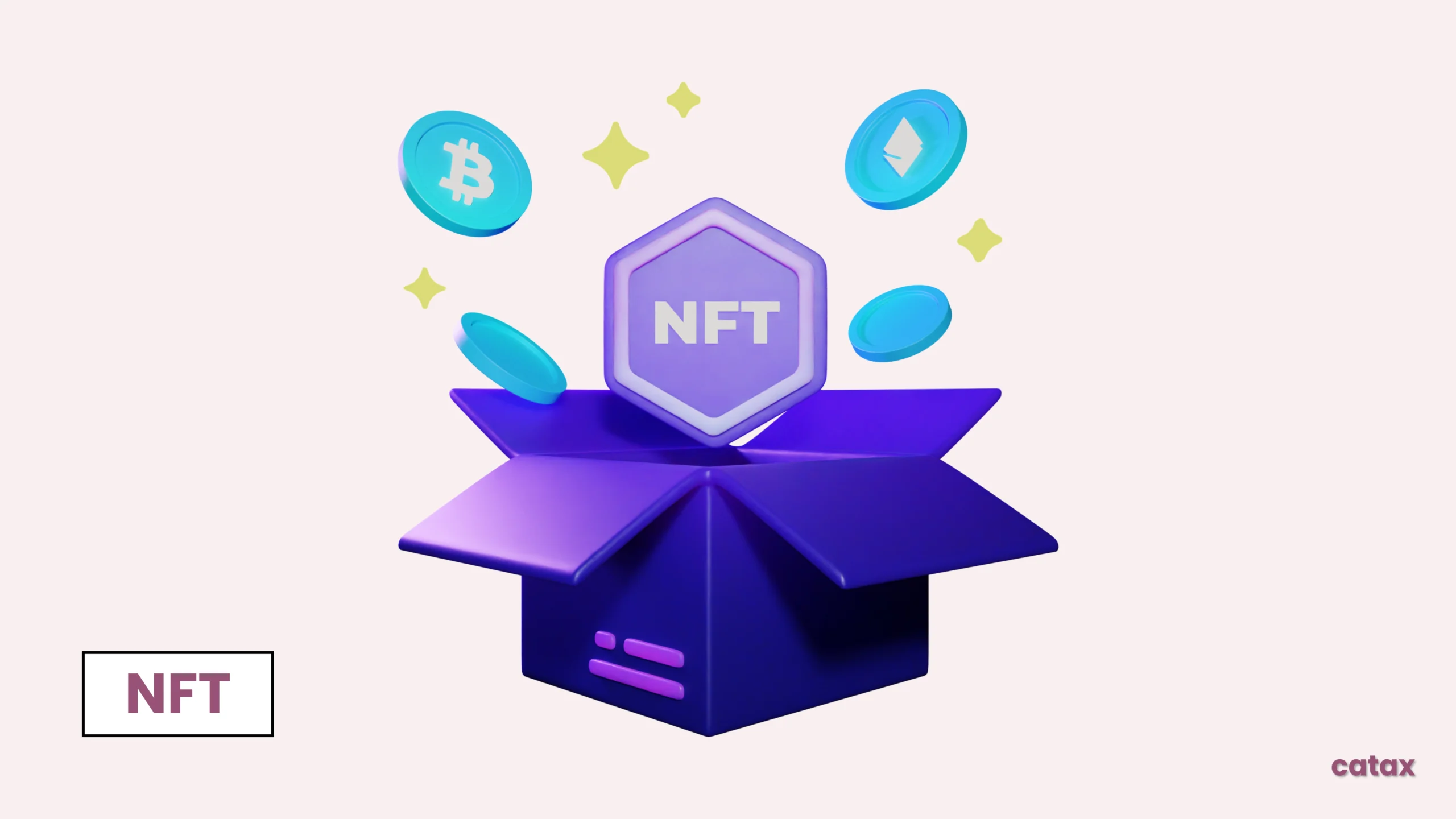If you’re interested in becoming an NFT (Non-Fungible Token) trader, here’s a Quick Start Guide to help you get started in this exciting and rapidly growing market:
1. Understand NFTs and the Market:
a. What are NFTs?: Begin by understanding the concept of NFTs. Learn that NFTs represent unique digital assets and cannot be exchanged on a one-to-one basis like cryptocurrencies.
b. Market Research: Study the NFT market and its various platforms. Familiarize yourself with popular NFT projects, artists, and the types of digital collectibles available.
2. Choose the Right NFT Marketplace:
a. Select a Platform: Research NFT marketplaces like OpenSea, Rarible, SuperRare, and others. Consider factors such as fees, user interface, reputation, and the types of NFTs they host.
b. Create an Account: Sign up on your chosen NFT marketplace and complete any necessary verification steps.
3. Secure Your Wallet:
a. Use a Crypto Wallet: You’ll need a compatible cryptocurrency wallet to store your NFTs. Metamask and Trust Wallet are popular choices for Ethereum-based NFTs.
b. Backup Your Wallet: Ensure you have a secure backup of your wallet’s private keys or recovery phrases.
4. Research NFT Projects:
a. Explore NFTs: Dive into NFT collections and explore the artwork, collectibles, and items available. Pay attention to the creators and their reputation.
b. Check Rarity and Scarcity: Understand the concept of rarity and scarcity in the NFT world. Rare and limited-edition NFTs tend to have higher value.
5. Budget and Risk Management:
a. Set a Budget: Determine how much you’re willing to invest in NFTs and stick to your budget.
b. Risk Assessment: Be aware that NFT prices can be highly volatile. Assess the risk and only invest what you can afford to lose.
6. Make Informed Purchases:
a. Read Descriptions: Carefully read the descriptions and details of NFTs. Understand what you’re buying, including any associated rights or royalties.
b. Check Ownership: Verify the ownership and authenticity of NFTs before making a purchase. Be cautious of scams and copycat listings.
7. Participate in NFT Auctions and Sales:
a. Bidding and Buying: Participate in NFT auctions and sales by placing bids or making direct purchases. Keep track of your bids and offers.
b. Gas Fees: Be prepared for Ethereum gas fees, which can vary widely depending on network congestion.
8. Safely Store and Display Your NFTs:
a. Store NFTs Securely: Transfer your purchased NFTs to your crypto wallet for safekeeping. Ensure they are stored in a secure and backed-up wallet.
b. Showcase Your Collection: Consider displaying your NFT collection on platforms like Twitter, Instagram, or dedicated NFT portfolio websites to attract potential buyers.
9. Stay Informed and Adapt:
a. Follow the Market: Keep up with NFT news, trends, and emerging artists. The NFT space is constantly evolving.
b. Learn from Others: Engage with the NFT community, join forums, and learn from experienced traders and collectors.
10. Legal and Tax Considerations:
a. Understand Legal Implications: Be aware of any legal implications or copyright issues related to the NFTs you buy or sell. Seek legal advice if needed.
b. Tax Obligations: Understand the tax implications of NFT trading in your jurisdiction. Keep records of your NFT transactions for tax reporting purposes.
